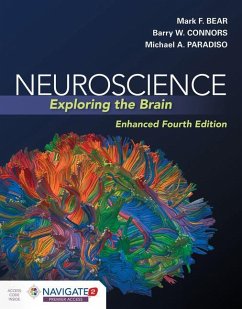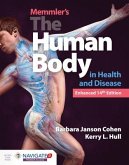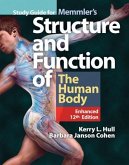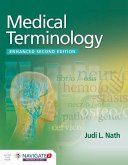Acclaimed for its clear, friendly style, excellent illustrations, leading author team, and compelling theme of exploration, Neuroscience: Exploring the Brain, 4e takes a fresh, contemporary approach to the study of neuroscience, emphasizing the biological basis of behavior. The authors' passion for the dynamic field of neuroscience is evident on every page, engaging students and helping them master the material.In just a few years, the field of neuroscience has been transformed by exciting new technologies and an explosion of knowledge about the brain. The human genome has been sequenced, sophisticated new methods have been developed for genetic engineering, and new methods have been introduced to enable visualization and stimulation of specific types of nerve cells and connections in the brain. The new Fourth Edition has been fully updated to reflect these and other rapid advances in the field, while honoring its commitment to be student-friendly with striking new illustrations, additional animations, and an unparalleled array of online resources.
Hinweis: Dieser Artikel kann nur an eine deutsche Lieferadresse ausgeliefert werden.
Hinweis: Dieser Artikel kann nur an eine deutsche Lieferadresse ausgeliefert werden.








